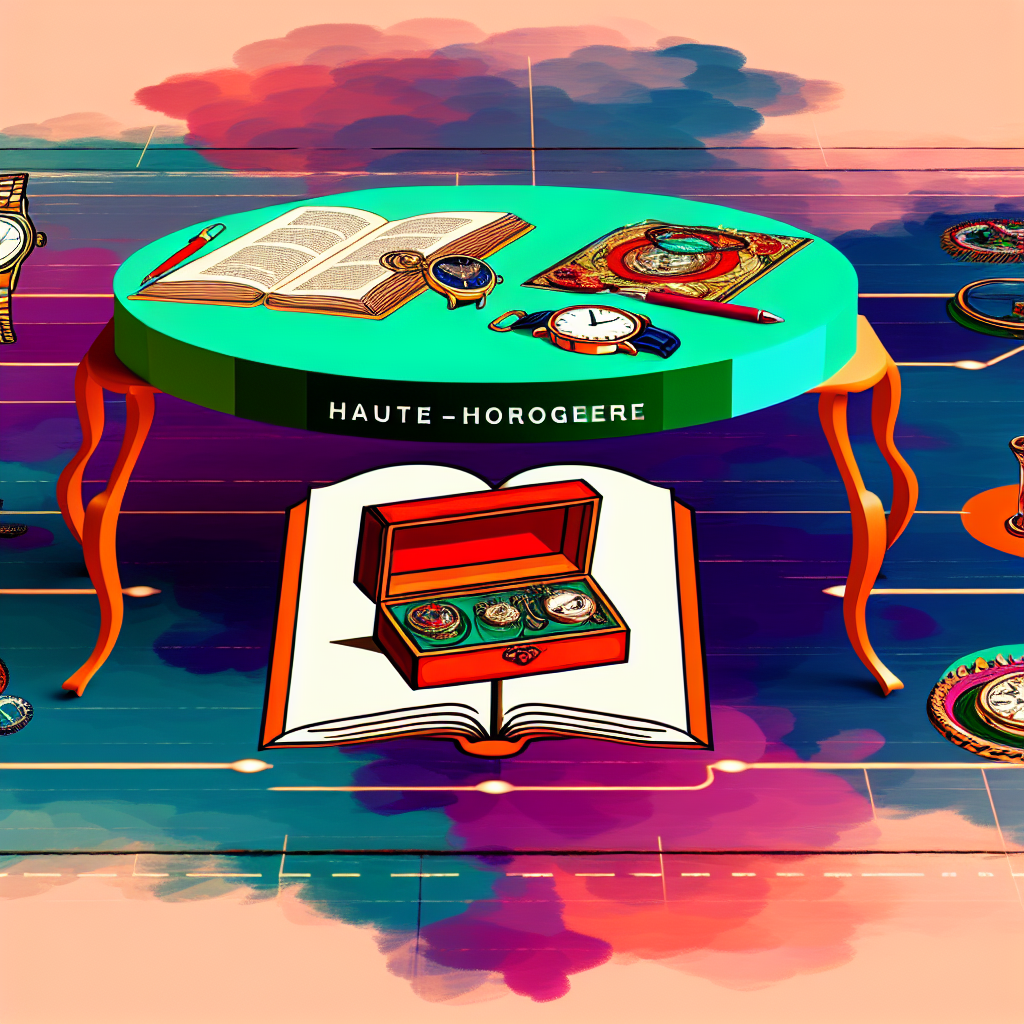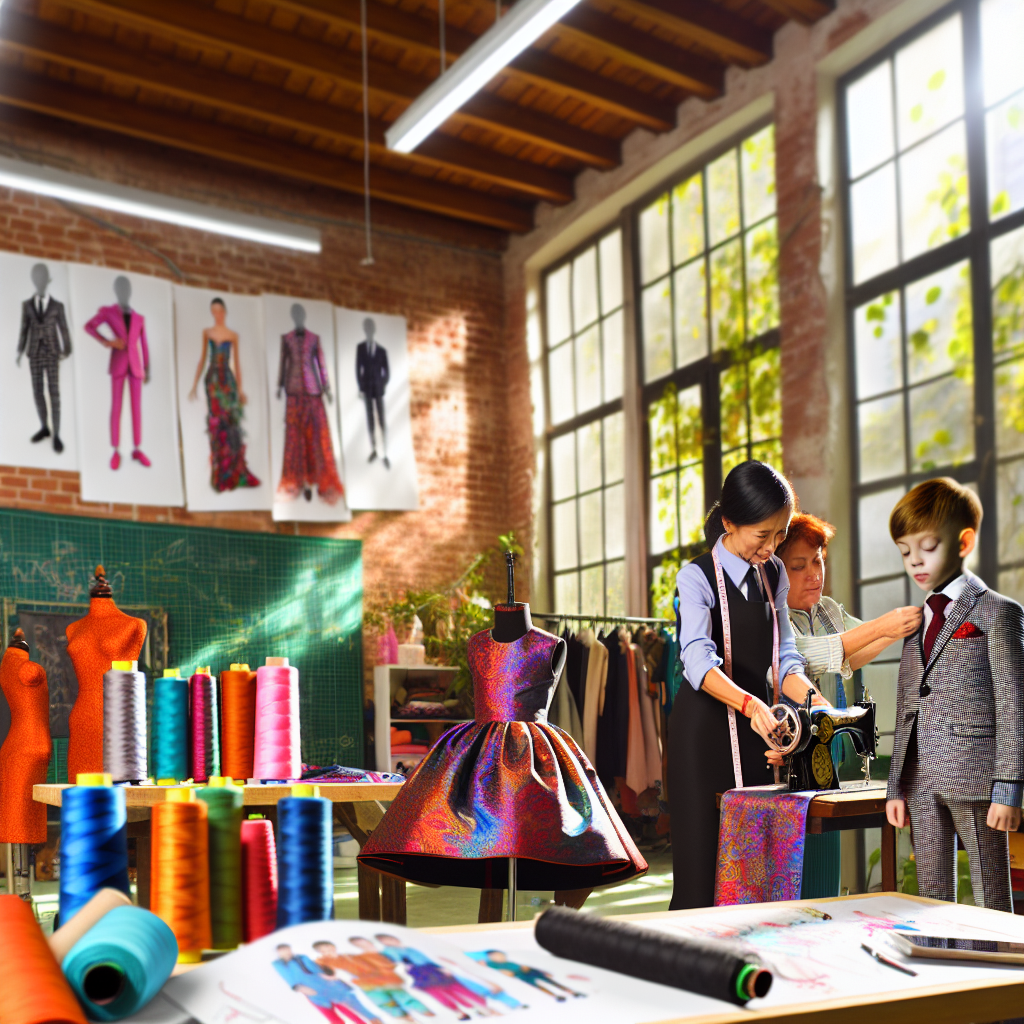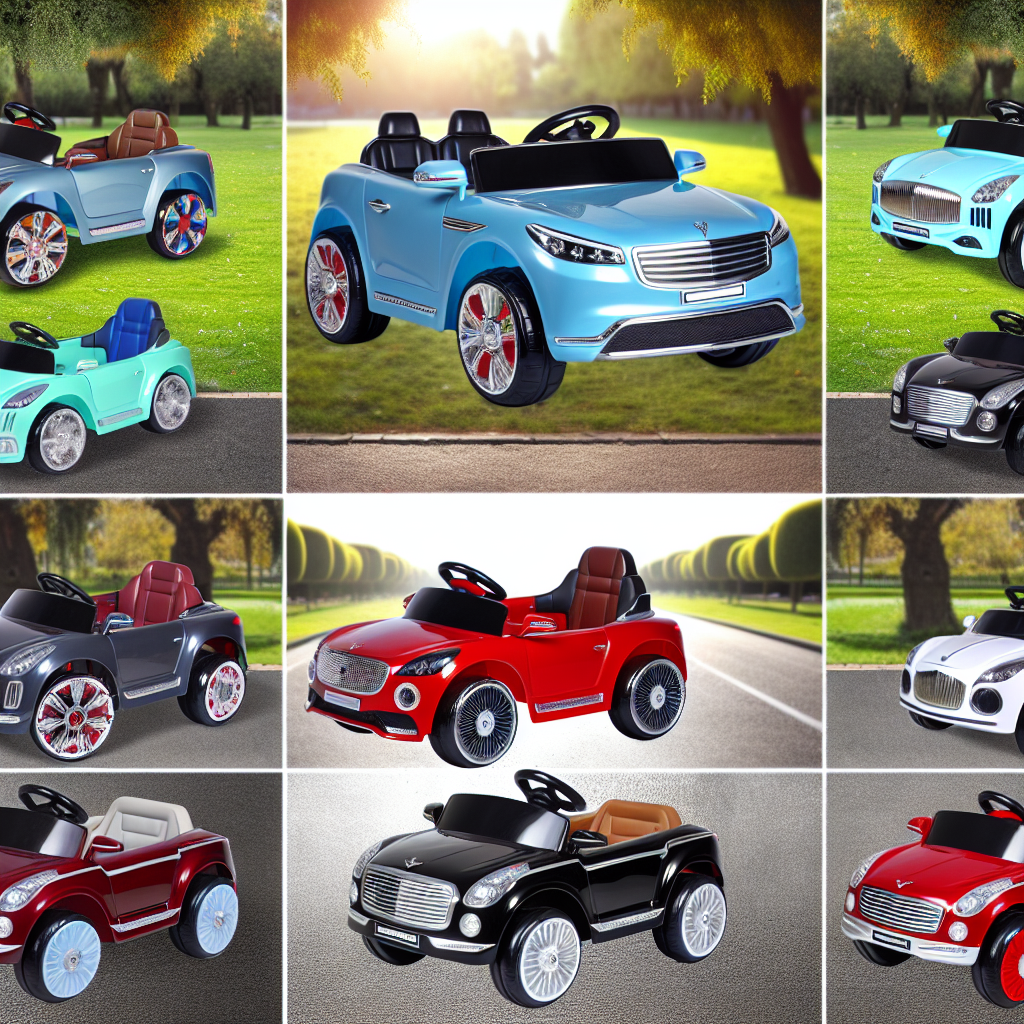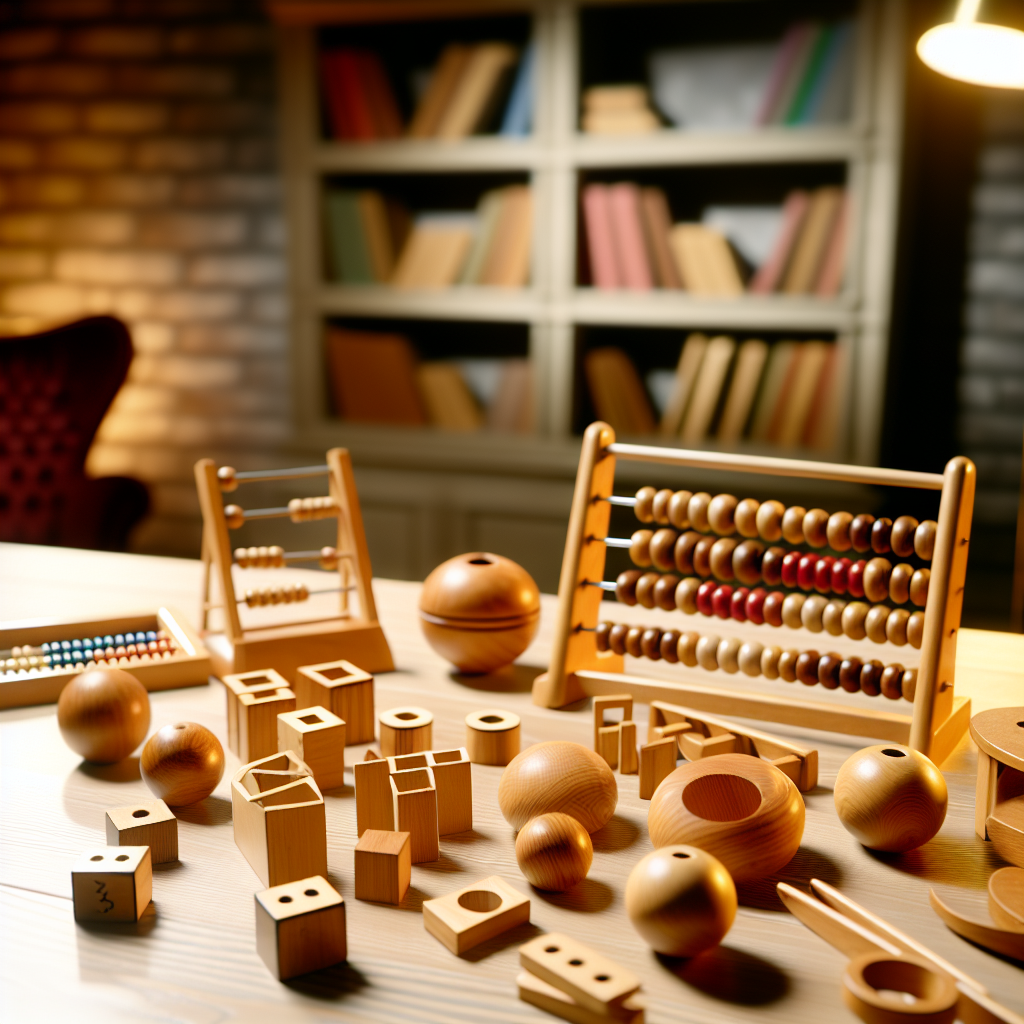Haute Horlogerie for Juniors: Starting Watch Collections with Limited Edition Pieces
Introduction: A Timeless Legacy in the Making
Watches have long moved beyond their utilitarian role of timekeeping; today, they represent personal milestones, expressions of style, symbols of heritage, and even investment tools. In the ever-evolving world of luxury, a new and fascinating trend is taking shape—introducing haute horlogerie to children. No longer limited to the grown-up elite, luxury timepieces are becoming prized possessions for privileged juniors, establishing not just a love for craftsmanship but also an appreciation for timeless values.
The idea of starting a child’s wristwatch collection might seem extravagant at first glance. But for discerning parents accustomed to balancing exclusivity, tradition, and long-term value, gifting a limited edition watch to their child provides an opportunity well beyond indulgence. These meticulously handcrafted pieces offer not only heirloom quality but also a foundation upon which a child can grow to understand patience, responsibility, and the importance of legacy.
Renowned horological houses like Patek Philippe, Audemars Piguet, and Richard Mille are already championing junior-sized luxury timepieces and creating family transmission arcs through their campaigns. “You never actually own a Patek Philippe, you merely look after it for the next generation” stands not just as a slogan but as a philosophy that perfectly illustrates the mindset of modern luxury families.
Children raised in affluent households often receive luxury gifts, whether toys with iconic design provenance, miniature haute couture, or bespoke travel experiences. Incorporating haute horlogerie into a child’s world is simply the latest evolution of this trend, merging luxury lifestyle with meaningful education. Introducing exclusive, limited-edition watches not only ensures rarity and investment potential but also invites young minds into the vast world of engineering, artisanship, and heritage storytelling.
Moreover, children exposed early to mechanical craftsmanship have an edge in developing tactile intelligence, appreciation for mechanics, historical context, and patience—traits that counterbalance today’s digital distractions. Supported by bespoke experiences like a private visit to a Swiss watch atelier or a junior horology workshop, these moments can instill a sense of maturity and wonder, transforming a luxurious gift into a lifelong journey.
The Psychology and Education Behind Youth Horology
Early exposure to refined craftsmanship offers more than just taste development—it enhances cognitive and emotional growth. A 2019 study published in Cognitive Development found that children who engaged with mechanical systems, including gears and analog devices, demonstrated improved spatial reasoning, problem-solving skills, and logical sequencing. Watches, especially mechanical timepieces, are masterpieces of kinetic design. When children become familiar with how a mechanical watch ticks, it builds both fine motor skills and deeper curiosity.
The educational implications are notable. Luxury brands have recognized this potential. For example, Vacheron Constantin and Jaeger-LeCoultre host private workshops for families, where children not only see but also interact with movements, gears, and components of watches. These sessions are often structured around STEAM (Science, Technology, Engineering, Arts, and Mathematics) principles, providing a subtle but effective educational framework wrapped in luxury.
From a psychological lens, the ownership of a quality timepiece can promote responsibility. According to Dr. Sharon Pressley, child development psychologist at the University of Chicago, tangible luxury items with clear functionality—such as watches—enable children to begin forming associations between value, care, and responsibility. “The act of regularly winding a manual watch or choosing when and where to wear a limited-edition piece can anchor lessons in mindfulness and moderation,” she notes.
Moreover, when families approach luxury watch collecting as an intergenerational experience, it fosters a sense of belonging and continuity. In his 2020 journal article for the International Review of Sociology of the Family, Dr. Benoit Lemoine of Paris-Sorbonne examined affluent family rituals and found that tangible traditions, including shared collecting, contributed significantly to emotional security and identity formation in children raised in high-net-worth households.
Economically, starting a child’s watch collection with limited edition pieces can also be a savvy move. Limited production runs—often numbering in the hundreds—create both desirability and scarcity. Over the past decade, junior-oriented pieces from brands like Rolex or Omega’s Snoopy line have appreciated significantly in the secondary market. This not only ensures sentimental value but also seeds a child’s future assets portfolio.
Finally, taste cultivation matters. Just as children are introduced to classical music, world travel, or fine arts, luxury horology serves to balance visual culture, engineering curiosity, and heritage—a trio that few other hobbies so seamlessly deliver.
Time Is the Ultimate Heirloom
Introducing children to haute horlogerie isn’t merely an indulgence; it’s an invitation into an ongoing narrative of craftsmanship, culture, and personal development. Limited edition timepieces represent exclusive moments frozen in time, aligned with a family’s values and a child’s personal growth. By investing in a child’s watch collection now, parents not only pass down exquisite craftsmanship but also values that tick far beyond the wrist.
References:
- Verdine, B. N., Lucca, K., Golinkoff, R. M., & Hirsh-Pasek, K. (2019). Spatial skills: A key building block for STEM success in early childhood. Cognitive Development
- Pressley, S. (2021). Interviews and studies on Child Responsibility in High-Net-Worth Educational Contexts, University of Chicago Department of Psychology
- Lemoine, B. (2020). Rituals and Material Transfers in Wealthy Families: Emotional Anchoring through Collectibles. International Review of Sociology of the Family
- Patek Philippe: Generations Campaign
- Vacheron Constantin Watches and Children’s Workshops

Dominic E. is a passionate filmmaker navigating the exciting intersection of art and science. By day, he delves into the complexities of the human body as a full-time medical writer, meticulously translating intricate medical concepts into accessible and engaging narratives. By night, he explores the boundless realm of cinematic storytelling, crafting narratives that evoke emotion and challenge perspectives. Film Student and Full-time Medical Writer for ContentVendor.com



